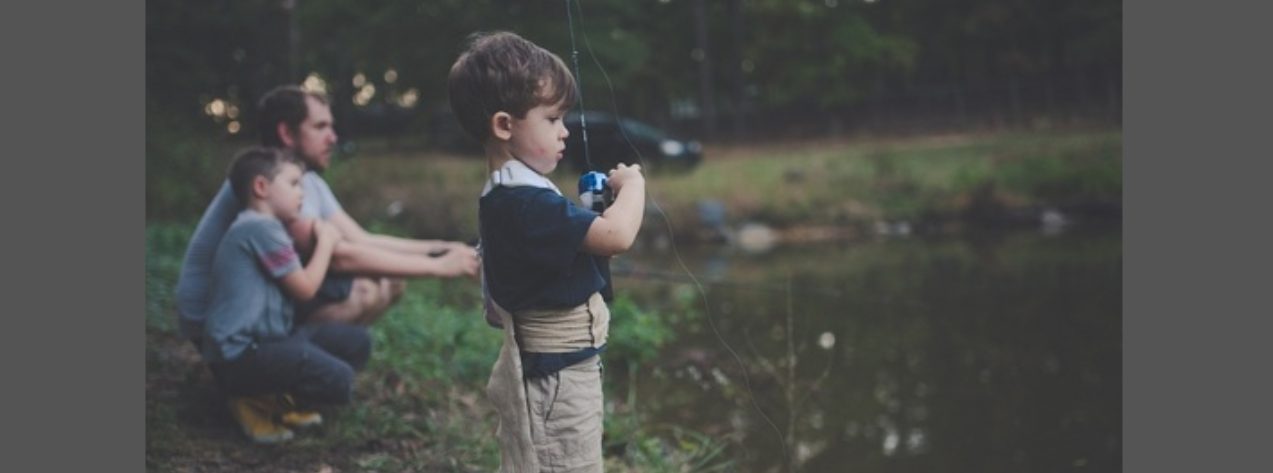“Teach a child according to the child’s way.” – Proverbs 22:6.
There is also a noteworthy quote by Swiss teacher and publicist Adolphe Ferrière that explains how we fail to follow this principle, i.e.
“And they created the school as the devil commanded.
The child loves nature, so he was locked in four walls.
He can not sit without moving, so he was forced into immobility.
He likes to work with his hands, and he began to teach theories and ideas.
He likes to talk – he was told to remain silent.
He seeks to understand – he was commanded to learn by heart.
He would like to explore and search for knowledge himself, but he was given them in ready form.
And then the children learned what they would never have learned in other conditions. They learned to lie and pretend.”
This quote dates back to the beginning of the previous century, but it is just as accurate today. It shows how children have natures to be like free birds, but we place them into cages.
Why? It is simply easier and clearer for us to coercively make children stay within our four corners. And by doing so, we rob them of their soul’s, mind’s and heart’s free development, and even disrupt their bodily development.
“I think that the move to this kind of education will come when we become completely disillusioned with the ways we currently raise children, when we see that our current systems serve to create a world of increasing depression, anxiety, stress, loneliness, and other problematic phenomena across the board on personal, social, economic and ecological scales.”
The principle “teach a child according to the child’s way” means that children should be raised in ways that let them freely develop. In practice, it means that they should listen to adults, but adults should adjust themselves to be as interesting and as relevant as possible to the children. Also, children need a lot of time outdoors with their friends, and to be simultaneously with their friends and their teachers. That is, they should engage in several activities that involve creating, inventing and fixing things together, as well as in ongoing discussions with their peers and with adults where they need to debate certain topics and reach conclusions.
Such an approach develops children in the natural course of their activities. It liberates them and gives them the freedom to think and to develop new ideas. We have yet to see an educational system that develops children to their fullest potential in such a way. Instead, we pack them into cubes that constrain their thinking and optimal development.
In order to upgrade education to “teach a child according to the child’s way,” we need different teachers, or more specifically, teachers themselves need to initially undergo a different course of education over several years, and only then will they accordingly become ready to cater to children. We will then start seeing completely different results to the current ones.
I think that the move to this kind of education will come when we become completely disillusioned with the ways we currently raise children, when we see that our current systems serve to create a world of increasing depression, anxiety, stress, loneliness, and other problematic phenomena across the board on personal, social, economic and ecological scales.











